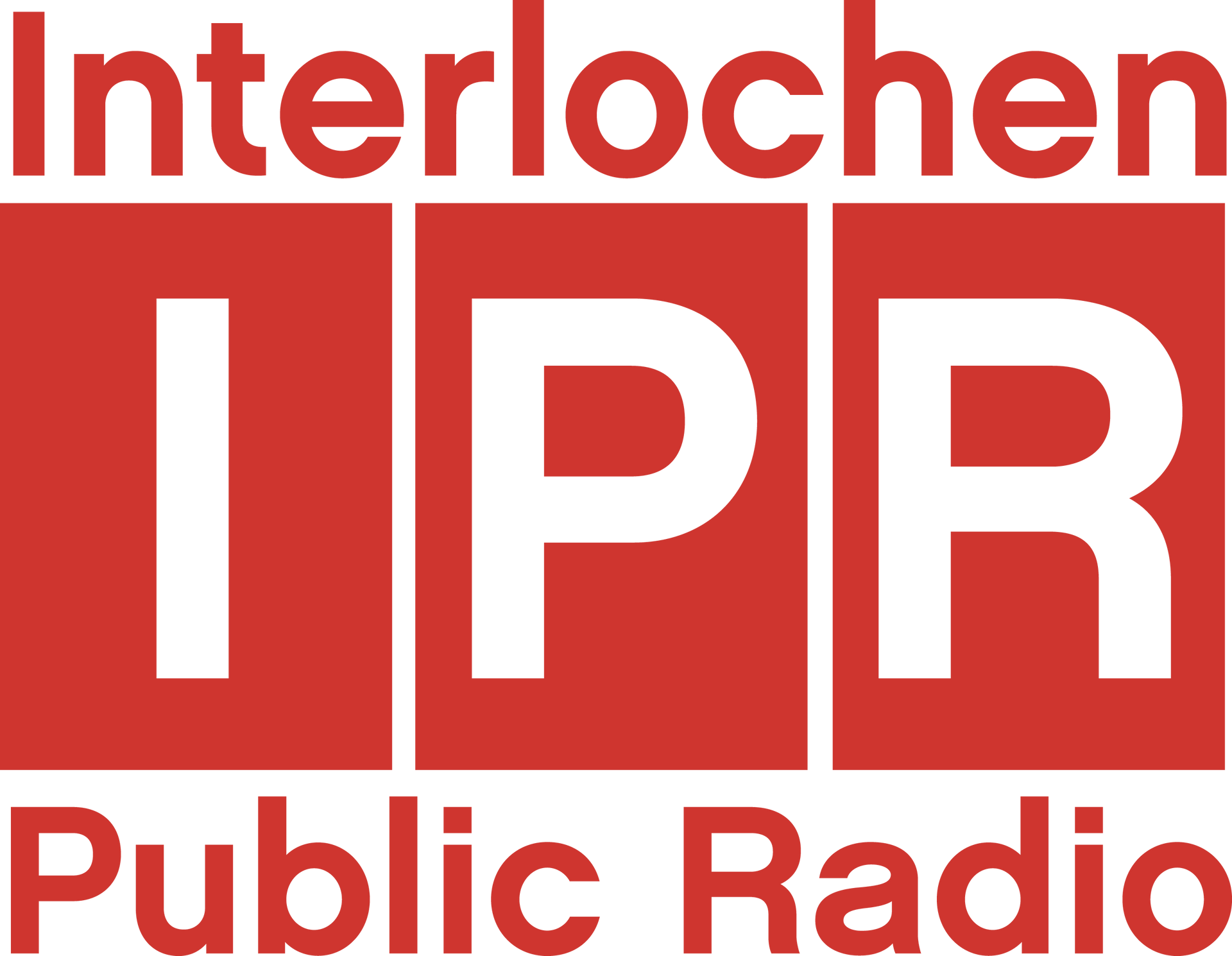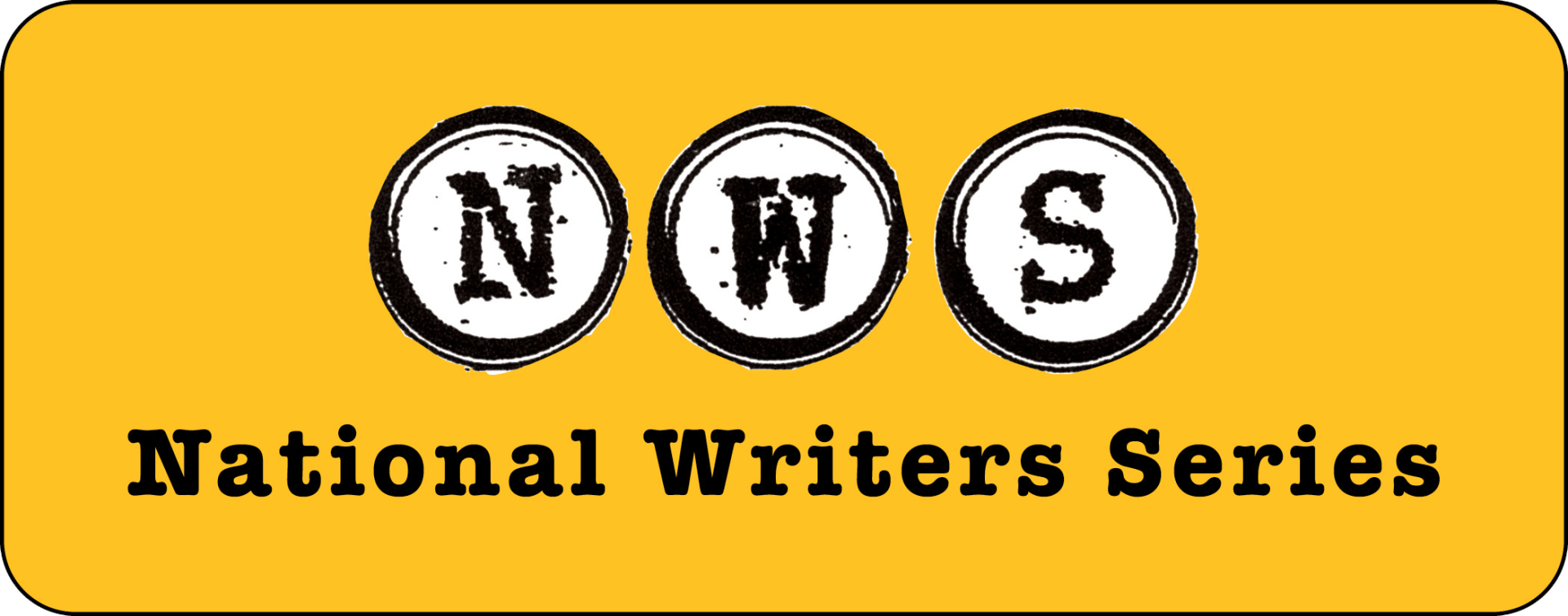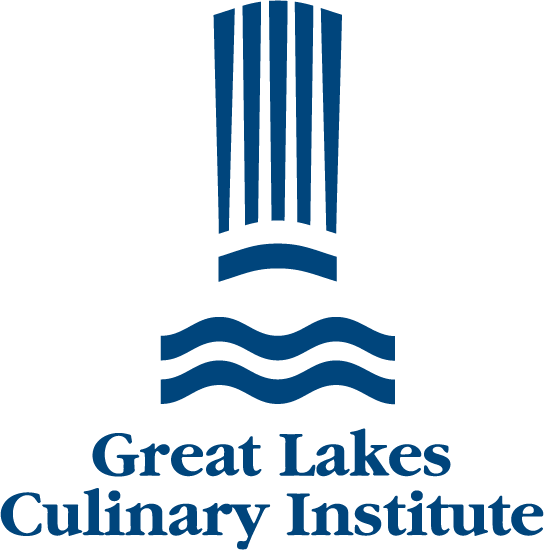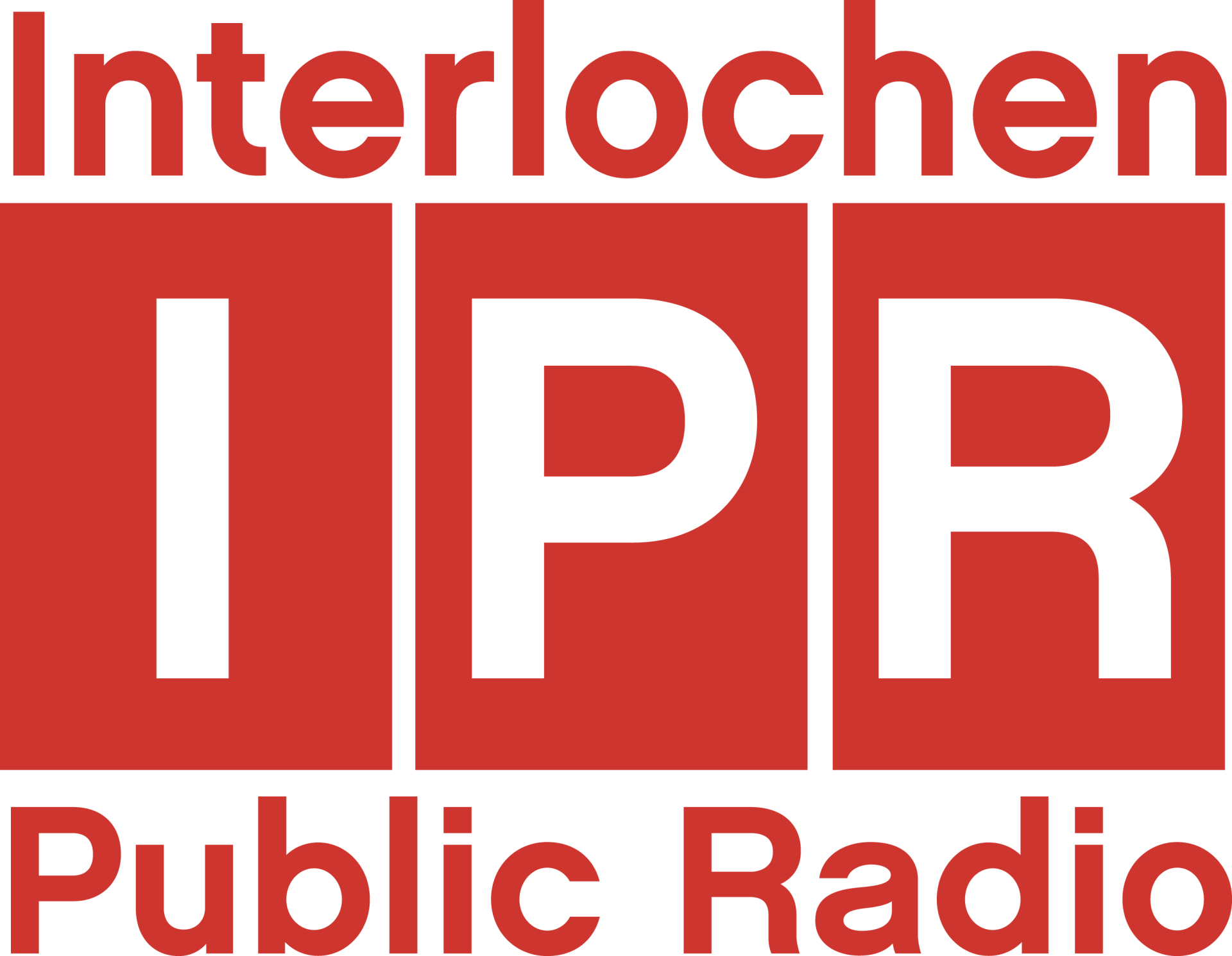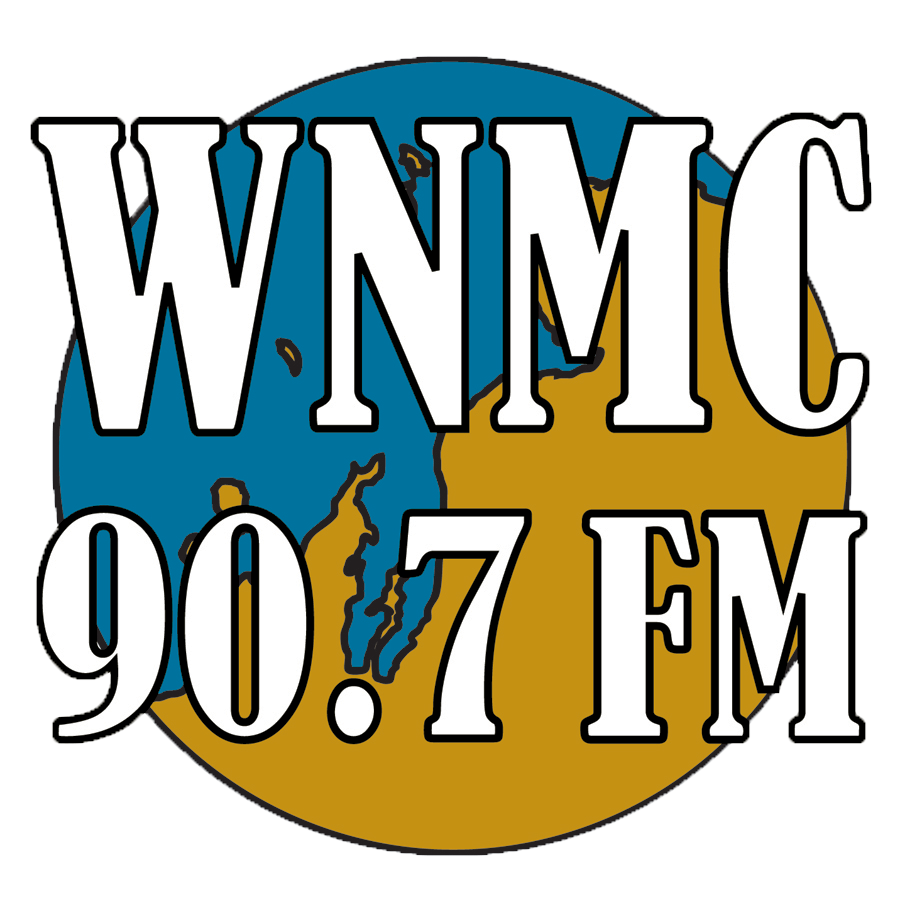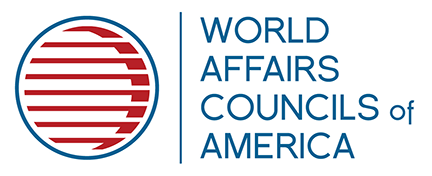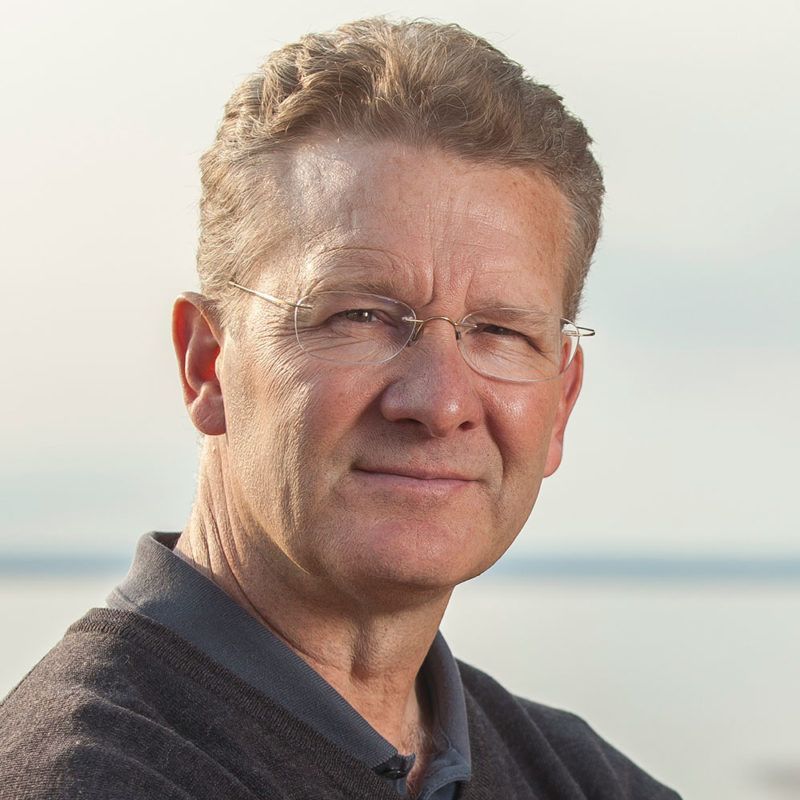
Freshwater Focus | Global Water Tension & The Great Lakes Compact
Peter Annin
Director of the Mary Griggs Burke Center for Freshwater Innovation
Author of
The Great Lakes Water Wars
(2018)
&
Purified: How Recycled Sewage Is Transforming Our Water (2023)
April 18, 2024
Dennos Museum Center Milliken Auditorium | in person & online
5:30 reception w/ event partner breakout presentations (in person only)
7:00 keynote address (in person & online)
Event partners
NMC Great Lakes Water Studies Institute
Interlochen Public Radio
Grant funding provided by
The Grand Traverse Band of Ottawa and Chippewa Indians
Thursday, April 18, 2024
7:00 PM Eastern US keynote & livestream //
5:30 PM reception w/ breakout presentations from GLWSI & IPR
Dennos Museum Center Milliken Auditorium
1701 E. Front St. Traverse City, MI
Hybrid event // in-person audience and online livestream.
In-person admission // in advance (recommended) or at the door if available. $15 per person.
Online admission // online livestream access. Registration closes 1 hour prior to event start. $10 per person.
Students & educators // free admission for current students and educators, including NMC and area secondary schools.
Members //
IAF members do not need to purchase tickets. Members make these programs possible via membership gifts. Thank you.
Reception 'breakout' presentations
The reception from 5:30 - 6:45 PM will feature freshwater-related content from our event partners: NMC Great Lakes Water Studies Institute & Interlochen Public Radio. GLWSI will brief reception attendees on its new associate degree in water quality environmental technology -- a.k.a. the Wet Tech degree. IPR will highlight its Great Lakes reporting via its Points North podcast team. These brief "breakout" presentations will be delivered in a gallery adjacent to the museum's sculpture court.
About the keynote speaker
Peter Annin is the director of the Mary Griggs Burke Center for Freshwater Innovation and the author of The Great Lakes Water Wars, the definitive work on the Great Lakes water diversion controversy. Before coming to Northland College in 2015, Peter served as a reporter at Newsweek, the associate director of the Institute for Journalism and Natural Resources, and the managing director of the University of Notre Dame’s Environmental Change Initiative. He continues to report on the Great Lakes water diversion issue and published the second edition of The Great Lakes Water Wars in the fall of 2018.
In his latest book, Purified: How Recycled Sewage Is Transforming Our Water, Annin shows that wastewater has become a surprising weapon in America’s war against water scarcity -- and a potential global model for innovation.
About The Great Lakes Water Wars
The Great Lakes are the largest system of freshwater lakes in the world and North America’s greatest freshwater resource. For over a century they have been the target of controversial diversion schemes designed to sell, send, or ship water to thirsty communities, sometimes far from the source. In part to protect the Great Lakes from overzealous entrepreneurship, the Great Lakes Compact was signed in 2008. Although the Compact fulfills that promise and ensures that Great Lakes water stays within the Basin, some would say it has only shifted the controversy closer to home. Now water diversion controversies of a different kind are some of the most fought-over environmental issues in the region. Will the water wars ever be settled?
Journalist Peter Annin delves deeply into the fraught history of water use in the Great Lakes region and recaps the story of the Chicago River diversion, which reversed the flow of the river, fundamentally transforming the Great Lakes water diversion debate. A century later it remains “the poster child of bad behavior in the Great Lakes.” Today, with growing communities and a warming climate, tensions over water use are high, and controversies on the perimeter of the Great Lakes Basin are on the rise.
Water Wars is the definitive behind-the-scenes account of the people and stories behind hard-fought battles to protect this precious resource that makes the region so special for the millions who call it home.
About Purified: How Recycled Sewage Is Transforming Our Water
In 2000, a transformative climate-driven “megadrought” swept over the Colorado River watershed. By the early 2020s, levels on the river’s two largest reservoirs were hitting record lows and threatening the water supply for forty million people. Outside the West, water stocks are stressed even in states with bountiful rainfall such as Florida. From coast to coast, conventional measures to sustain the most fundamental natural resource on earth—drinking water—are coming up short. Recycled water could help close that gap.
In Purified: How Recycled Sewage Is Transforming Our Water, Annin shows that wastewater has become a surprising weapon in America’s war against water scarcity. Annin probes deep into the water reuse movement in five water-strapped states—California, Texas, Virginia, Nevada, and Florida. He drinks beer made from purified sewage, visits communities where purified sewage came to the rescue, and examines how one of the nation’s largest wastewater plants hopes to recycle one hundred percent of its wastewater by 2035. At each stop, readers come face to face with the people who are struggling for, and against, recycled water. While the current filtration technology transforms sewage into something akin to distilled water—free of chemicals and safe to drink—water recycling’s challenge isn’t technology. It’s terminology. Concerns about communities being used as “guinea pigs,” sensationalist media coverage, and taglines like “toilet to tap” have repeatedly crippled water recycling efforts. Potable water recycling has become the hottest frontier in the race for expanded water supply options. But can public opinion turn in time to avoid the worst consequences?
Purified’s fast-paced narrative cuts through the fearmongering and misinformation to make the case that recycled water is direly needed in the climate-change era. Water cannot be taken for granted anymore—and that includes sewage.




